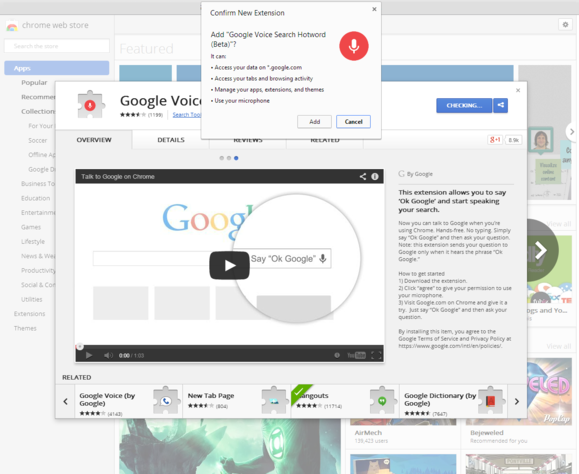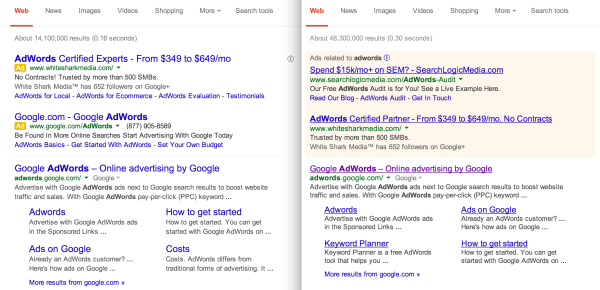READ THE FULL ARTICLE from
Search Engine Journal
6) You touched on the dangers of not-so-smart personalization, but is Google or Bing getting better?
I think Google is getting better and better at eliminating the mismatches in their personalized search offering, which is actually a bit dangerous because users will stop noticing the personalization. I don’t use Bing very often, but their integration with Facebook makes their personalization much more based on the social graph than Google’s.
7) Which direction is Google going? Is it towards dumb, not-so-smart or creepy personalization?
Definitely towards the creepy end of the spectrum where they will guess what you want to know next and provide you with the answer before you even ask. That to me is dangerous territory, because it gives Google the perfect platform to guide what its users are exposed to, and manipulate their thinking.
8) For those that missed your session, what is wrong with a personalized search result?
I think an abundance of personalized search results leads to decreased exposure to alternative viewpoints, new ideas, and contradictory concepts. As humans, we should not have our every belief validated and confirmed by the internet – in fact, we should have our ideas and beliefs challenged and debated. And that means we need to expose ourselves to opposing viewpoints and alternative modes of thought. Personalized search does the exact opposite: it wraps us up in the same information from the same sources and filters out information we don’t want to see. It basically enables cognitive bias on a massive scale, and that is a bad thing.
9) What is a filter bubble and why should marketers be aware? Any resources on the topic?
The
filter bubble concept, first coined by
Eli Pariser who wrote a great book on the topic, is the result of excessive personalization on the web, where search engines and social media sites only present us with information they know we want to see and engage with. And this information is not necessarily correct, but we might not ever know that because contradictory sources are increasingly filtered out. So we end up with unshakable beliefs that are never challenged, and these beliefs could be entirely false. Like I said, the filter bubble is an enabler for cognitive bias, where we become increasingly entrenched in our own little worlds of information we agree with, and as a result we become increasingly disassociated from the real world where there are opposing viewpoints and different opinions.
10) How can marketers counter or adapt to the filter bubble?
I think being aware of the filter bubble is the first big step. From there on we should take conscious steps to avoid becoming trapped in our own filter bubbles: disable personalised search in Google, use Amazon when logged out, actively seek out Facebook friends you don’t see in your feed, read news from different websites, etc. Exposure to ideas and opinions we might not agree with is vital for ongoing personal growth and development – at least, it is for anyone who values truth.
11) What are alternatives to Google people should be exploring?
DuckDuckGo is a great search engine that does not personalise its search results and that, in fact, stores no information at all about its users. So it’s a great privacy-friendly search engine as well. For other Google services, there are plenty of individual alternatives available like Yahoo Mail, Dropbox, Skype, etc. The advantage that Google has is that it combines all these services in one easy to use platform, which is why it’s so hard for people to distance themselves from the Google ecosystem.
5) How is Windows 8.1 Smart Search going to change search experience?
In a modern internet usage, going to a web page to perform a search feels dated. Bing Smart Search in essence turns Windows into a search box that connects users to the information around them, on their device, their cloud or the web. That has significant impact on an industry who does not necessarily think of operating systems as search boxes and optimizes primarily for a paradigm of blue links. Specifically, Bing Smart Search provides users with a powerful, touch-friendly experience that makes the most of Bing information architecture. It provides access to web results in an innovative SERP with a strong emphasis on visual, but Smart Search also taps into Bing-powered apps that act as vertical experiences. Both have the same ambition, to empower the user with the relevant information to enable him to complete the task that motivated the query.
6) How important is mobile to the future of search? How much does the future of mobile search rely on improved voice search and how much is based on spatial awareness and personalization?
Mobile is not important, but critical. We currently see 2-3x annual growth on mobile and tablet-originated queries on the Yahoo Bing Network in Europe and these queries complement rather than cannibalize the traditional desktop queries. It is thus vital for advertisers to truly understand the nature of mobile intent and offer user experiences, from the keyword selection, to the ad and the landing pages, that meet these needs. It might be an investment for some brands today, but it has become a must-have. I am a strong advocate of mobile-specific campaigns, because intents on such devices are much more immediate, transactional, etc. than on a PC. So I am glad that our Bing Ads platform enables advertisers to refine their campaign all the way down to the operating system of a device, if they want, to target the right customers in the right manner.
7) What is the new search paradigm people need to think about with Bing?
“The web is dead, long live the internet!” Wired’s provocative headline from 2010 has never been truer. Search imposed itself as our gateway to the web, but the rise of new consumer scenarios is driving profound changes in how publishers and advertisers need to approach the search paradigm. People search differently. They use new, interconnected devices. They formalize their intent differently. The blue links are thus being replaced by new, more engaging, and relevant experiences aligned to these new models.
Microsoft’s vision of search already materialised itself by making Bing a platform at the core of Microsoft vertical integration. It turns your phone, your PC, your operating system, your console but also your spreadsheets and your word documents into search entry points to fulfill different intents. It is no longer about pointing people to content, it is a matter of helping them complete tasks. And this radical change of lens of what search should do offers advertisers with new advertising opportunities to explore, with traditional search ads, partnerships or even display solutions.


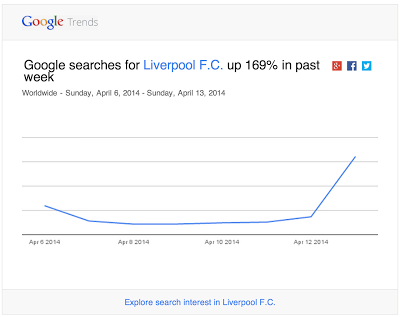


 ks that make it easier to search for content and navigate websites.
ks that make it easier to search for content and navigate websites.

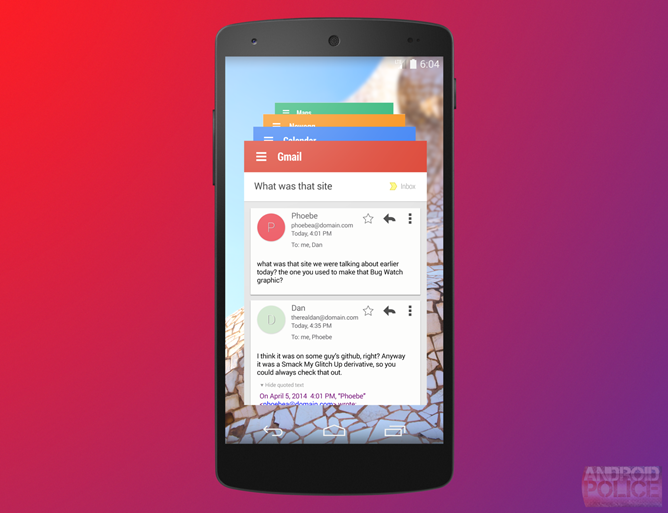












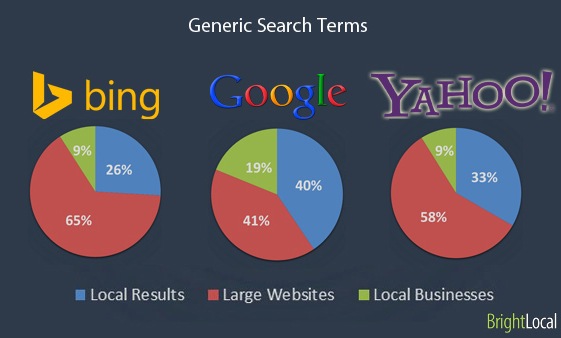



 SEO is less reliable than paid search if you’re the marketer. This doesn’t mean that SEO is irrelevant to your business because SEO is still highly relevant to the users that are searching for your business. Take yourself out of your marketing shoes for a minute: Google isn’t building a search engine for you as a marketer; Google is building a search engine for you as a user. And as a user you want to find the most relevant content to your search, fast. Google has made it clear to marketers that the most important SEO value factor is relevance. Google has also given marketers everything they need to make their SEO strategy effective; they’ve just made it more difficult.
SEO is less reliable than paid search if you’re the marketer. This doesn’t mean that SEO is irrelevant to your business because SEO is still highly relevant to the users that are searching for your business. Take yourself out of your marketing shoes for a minute: Google isn’t building a search engine for you as a marketer; Google is building a search engine for you as a user. And as a user you want to find the most relevant content to your search, fast. Google has made it clear to marketers that the most important SEO value factor is relevance. Google has also given marketers everything they need to make their SEO strategy effective; they’ve just made it more difficult.
